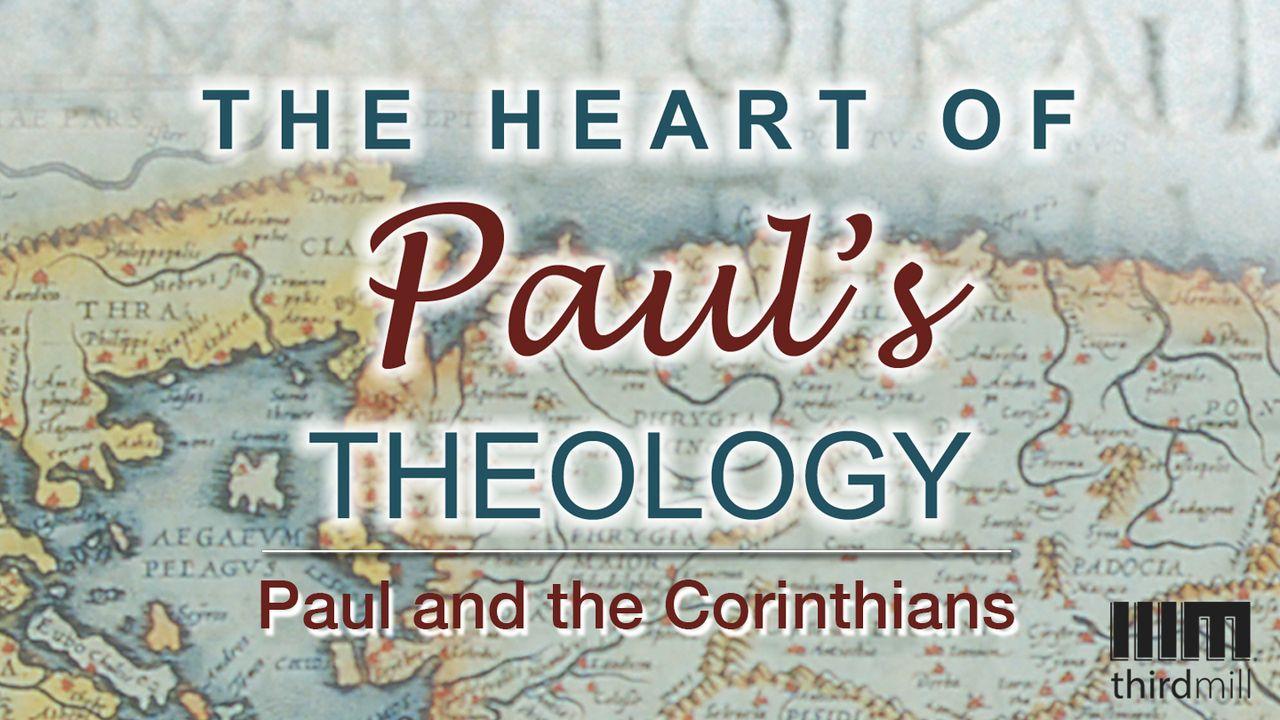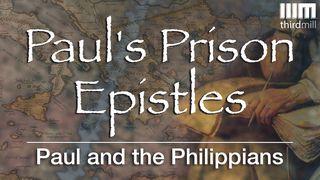The Heart Of Paul’s Theology: Paul and the CorinthiansSample

Love for Christ and Others: 1 Corinthians 13
The last of Paul’s theological outlooks that we will mention is the importance of love. Generally, we think of love as the summary of the whole law of God, or as the greatest commandment, but not as an element of eschatology. Nevertheless, while it is true that love is just as important in the present age as it is in the age to come, it is also true that for Paul, love was what we might call an eschatological virtue. That is to say, it was a key element in his theology of the last days.
Consider, for example, Paul’s argument about the abiding value of love, found in his famous “love chapter,” 1 Corinthians 13. In verses 8-10 of that chapter he wrote:
Love never dies. But if there are prophecies, they will pass away. If there are tongues, they will cease. If there is knowledge, it will pass away. For we know only partially, and we prophesy only partially, but when the perfect comes, the partial will pass away… And now remain faith, hope and love, these three, but the greatest of these is love.
His point was that many aspects of life in the present age will not continue when the age to come arrives in all its fullness. Neither prophecy nor gifts of knowledge will be of any use when the things of which they speak are right in front of our faces. In the same way, even high Christian virtues like faith and hope will have no real place in the fullness of the age to come. Of all of the spiritual gifts and Christian virtues that Paul mentions in this chapter, only love will continue to be manifested and treasured in the fullness of the age to come. We love now and we will love then. We are loved now and we will be loved then. Love itself is a participation in the blessings of the age to come. Actually, it is the chief expression of those blessings.
But how did Paul apply the eschatological virtue of love to the problems in Corinth? Well, we have already seen a number of the ways he did this. For example, he encouraged those believers with greater knowledge to abstain from eating in idols’ temples for the sake of the weak Christians who might be encouraged by this behavior to engage in idolatry. He introduced the subject with these words in 1 Corinthians 8:1:
Concerning food sacrificed to idols, we know that we all have knowledge; knowledge causes arrogance, but love edifies.
In other words, his argument about not eating idol food was really an argument about how to love.
Scripture
About this Plan

This reading plan explores the background to Paul's letters to the Corinthians, examines the structure and content of First and Second Corinthians, and reveals his eschatology.
More
Related Plans

Paul's Prison Epistles: Paul And The Philippians

The Book of Hebrews

Adversity

Worth the Wait: Living Pure in a Culture of Pressure

Christmas Morning: Son Rise on a New Day

What the Bible Says About Advent - 29 Days of Advent Meditations

Your Prayer Has Been Heard: How God Meets Us in Seasons of Weariness and Waiting

Coffee Talks With Worship Leaders

The Mandate to Multiply.
